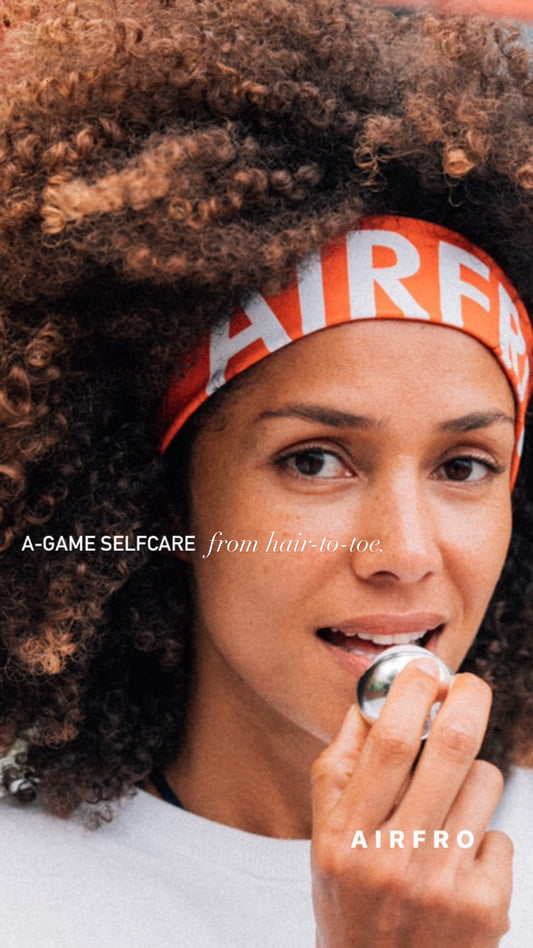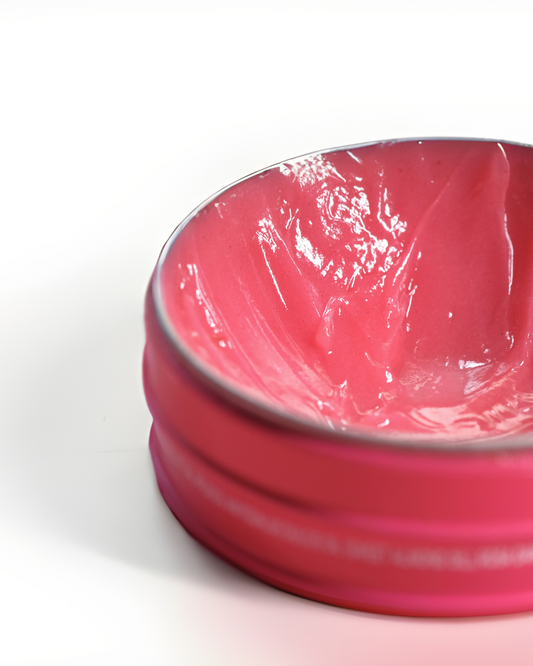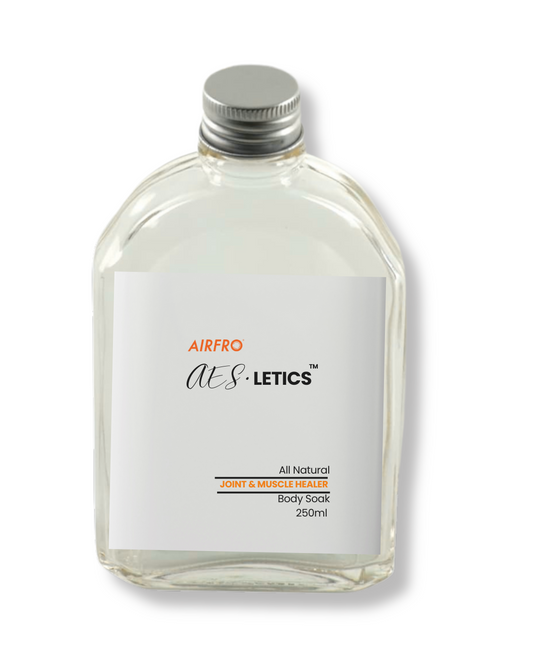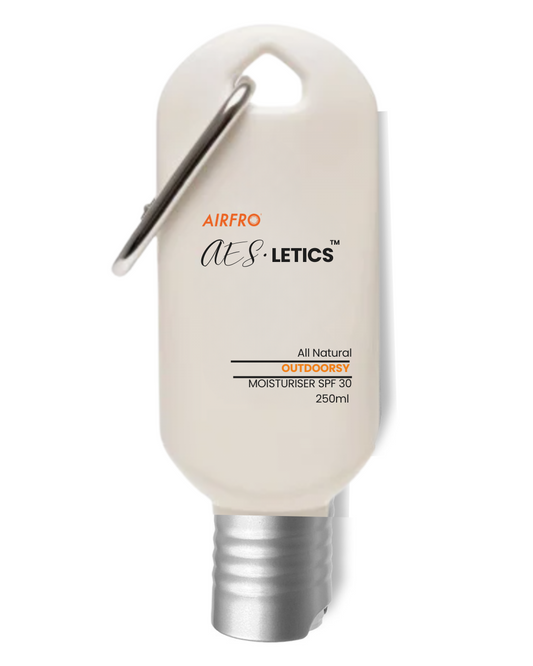
Hair is one of the first features we notice in a person. It speaks to us. Communicating health and virility, style, and accomplishment. So, what does it say about us if our hair is clean but looks damaged and dry, thinning and weak? Is it possible that we are overlooking signs that our hair is giving us regarding our health?
One of the major problems people face concerning hair is hair damage and the most famous hair loss. What you may not know is that these are side effects of various health issues. A number of health factors ranging from illness to hormonal imbalance, poor diet, and extreme stress. How does a healthy lifestyle help encourage healthy hair? We workout to reduce stress, focus our minds, combat weight problems and health issues – the link is clear.
Are you also concerned about your health, hair loss and hair damage? Let’s have a look at the most frequently asked questions about health and hair.
Does exercise cause hair loss?

Sweat is drying for hair and scalp. Sweat is composed of water and natural salts, sapping moisture from our hair. And our scalp is naturally covered in healthy bacteria. Our hair traps sweat, moisture and heat and our scalp becomes a warm breading ground where bacteria can grow. Cleansing our hair regularly helps maintain this healthy ecosystem on our heads but too much or too little can lead us to go from healthy levels to an overgrowth of bacteria which is when the flaking and itching starts! Exercise can exacerbate all these components, blocking and weaken our hair follicles leading to more long-term damage like hair loss. The tools to avoid and repair this damage can be found in how we cleanse and treat our hair and scalp.
Does COVID-19 affect hair?

The normal amount of hair shedding is 50-100 hairs per day. Telogen effluvium is the clinical term for this type of natural hair shedding. When a large number of hairs reach the shedding (telogen) period of the hair growing lifecycle at the very same time we see signs of what we believe to be hair loss. The symptoms of COVID-19 such as fever and sickness can result in more hairs entering the shedding cycle. And the wider effects of the illness such as inducing physical and mental stress, can also lead us to shed more hair than usual. Several people mistakenly believe this to be permeant hair loss, however, it's simply also increased hair shedding and will recover as symptoms pass.
Does a vegan diet cause hair loss?

According to the latest research, vegan and vegetarian diets might hasten hair loss and hair may show signs of thinning and damage since animal foods include necessary nutrients; proteins, vitamins, and minerals which are vital for hair health.
Healthy hair growth requires Iron and omega 3 which are abundant in red meat, pork, fish oils and chicken. Therefore a move to a vegan diet can result in a change in iron levels which lead to changes in our hair. Proteins are also fundamental units for hair, so if we don't get enough of them in our meals, our body will favor protein for our important organs above hair cell-reproduction and sustenance.
We're not implying that adopting a vegan diet is bad for you. On the contrary you can find all these essential nutrients in plant form. The move to a vegan diet is a change and this change will be reflected in our hair but the hair will recover as long as these nutrients are replaced. It just takes a bit more preparation and research.
Will hair loss from stress grow back?

Yes of course! The signs of stress induced hair loss might last anywhere from 6-9 months before finally ending. Severe hair loss caused by stress usually ends after the stress is relieved. Stress can be triggered by a wide range of factors and can cause a multitude of health problems which can lead to hair loss. Being under stress can be a lonely and challenging time but it doesn’t have to be. We can learn how to manage our stress. Exercise of every kind has been proven to help relieve stress so don’t let your haircare needs stop that essential act or it will be a vicious cycle of stress leading to hair loss which leads to more stress. This is why looking after ourselves is increasingly important and simple acts of taking care of our hair can and should be part of our stress relief.
Once you’ve found the right de-stressing techniques that suit you even without any treatment, hair will most likely recover to its natural density.
What's the best shampoo and natural ingredients for hair loss?

Some natural ingredients that help in the immediate regrowth of hair are argan oil, aloe vera, coconut oil, omega 3, onion juice, rosemary oil, geranium oil, and lemon and natural sources of vitamin B and also drinking lots of water. These can be found in fresh fruits and vegetables, food supplements and included in hair treatments containing essential oils.
